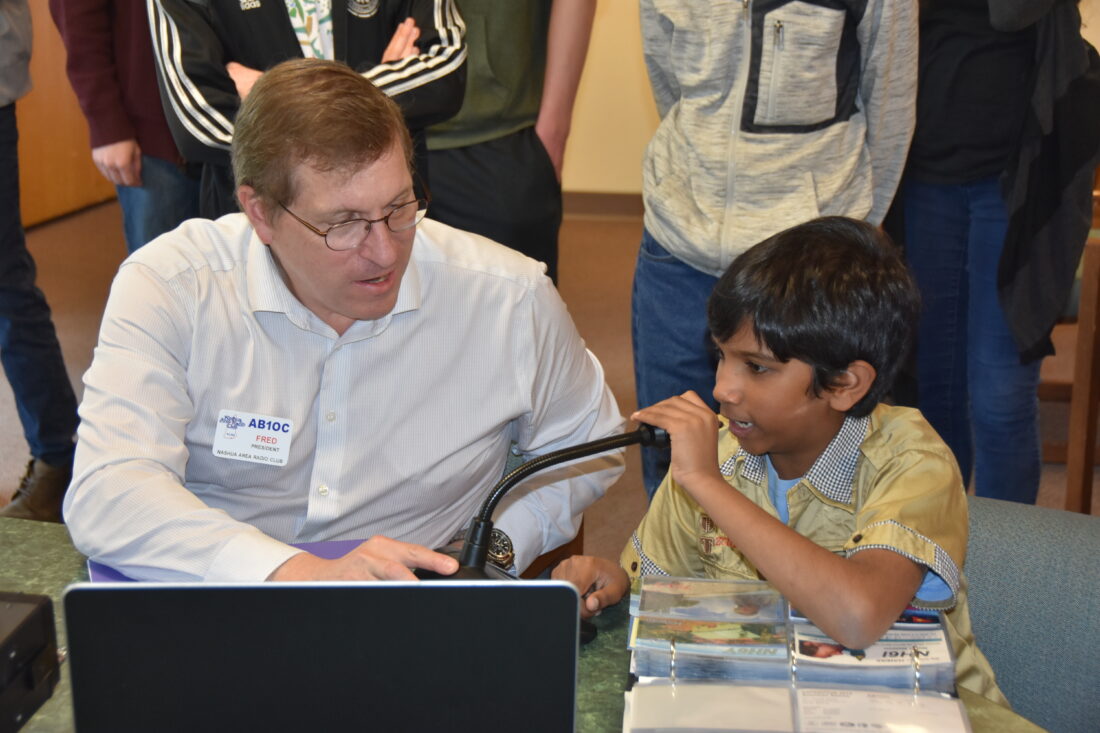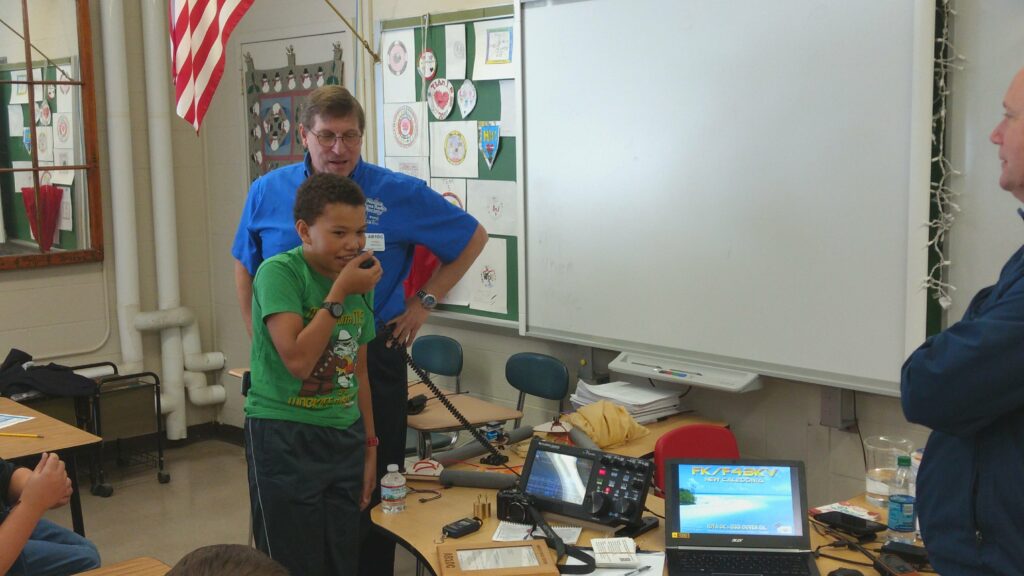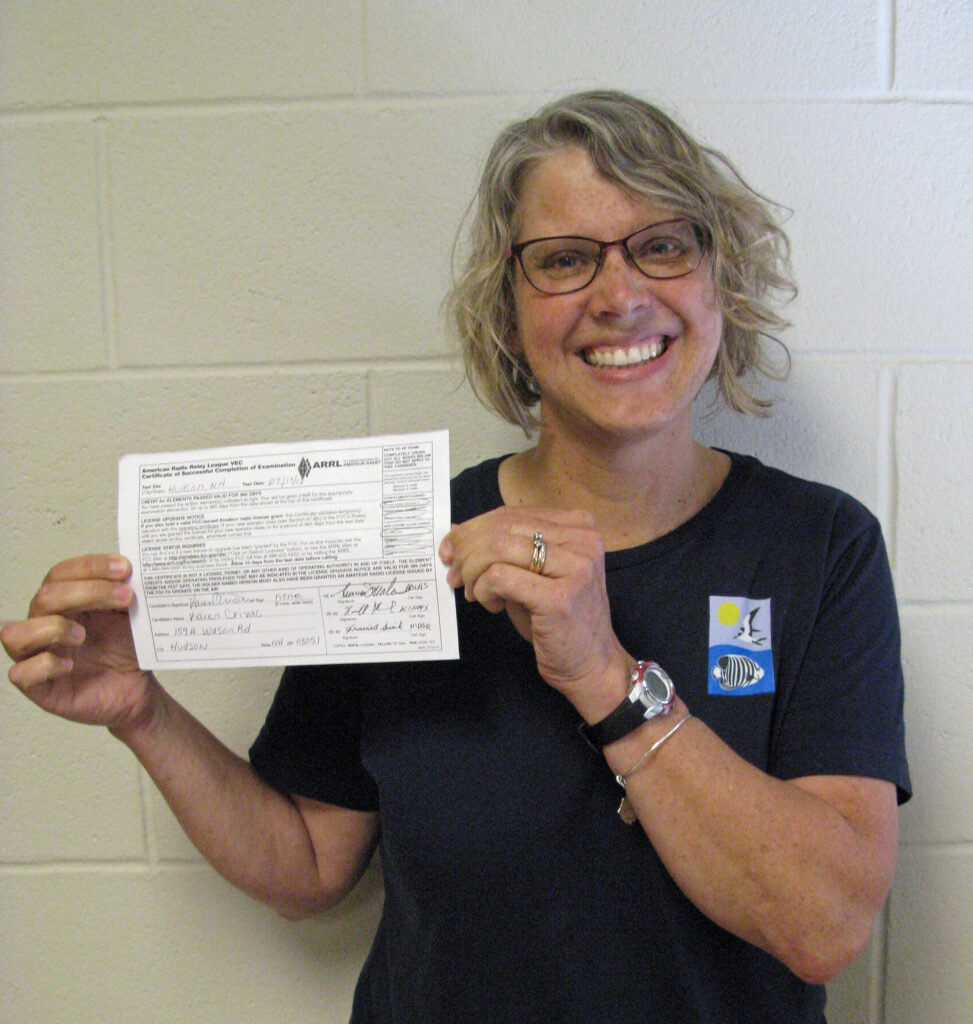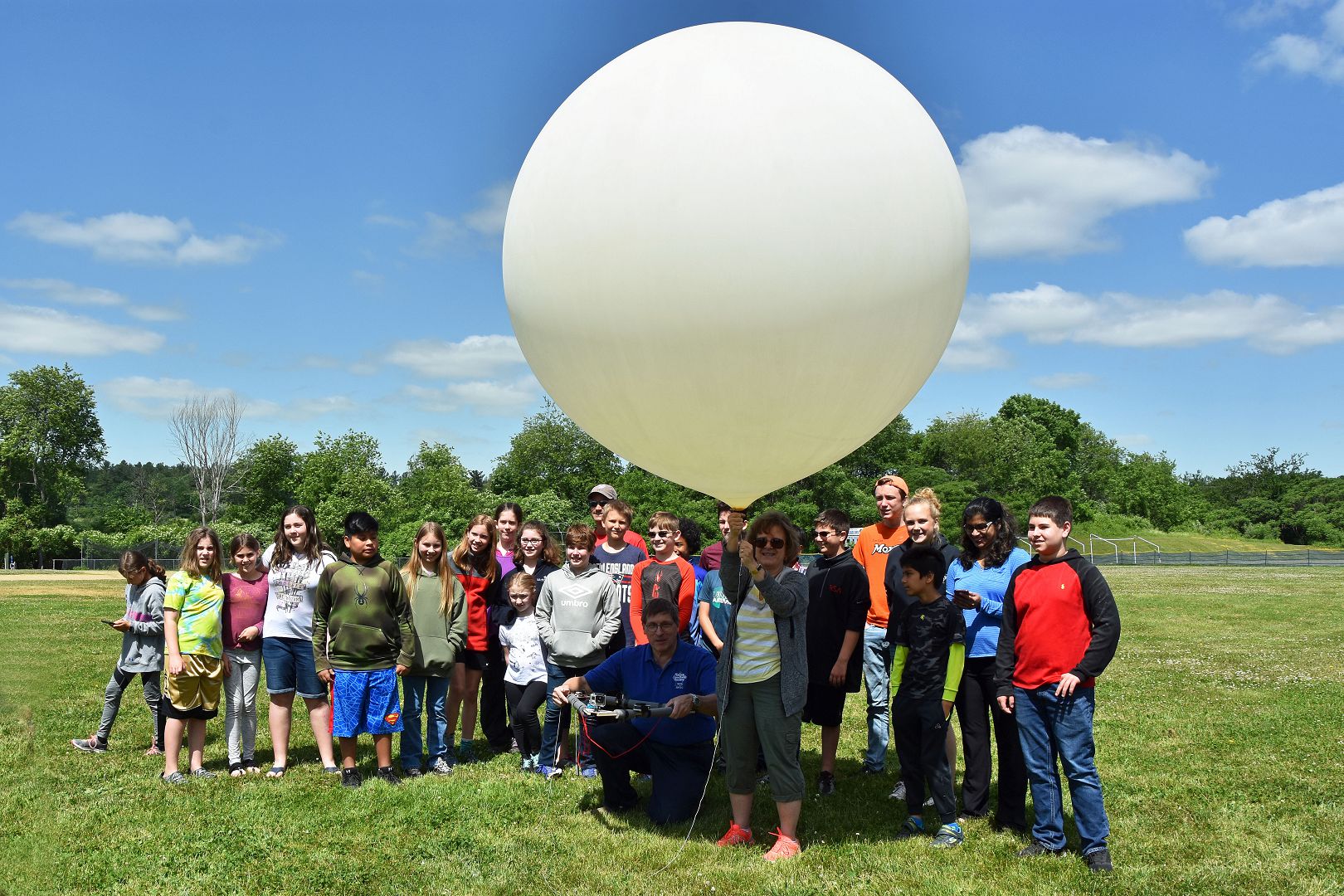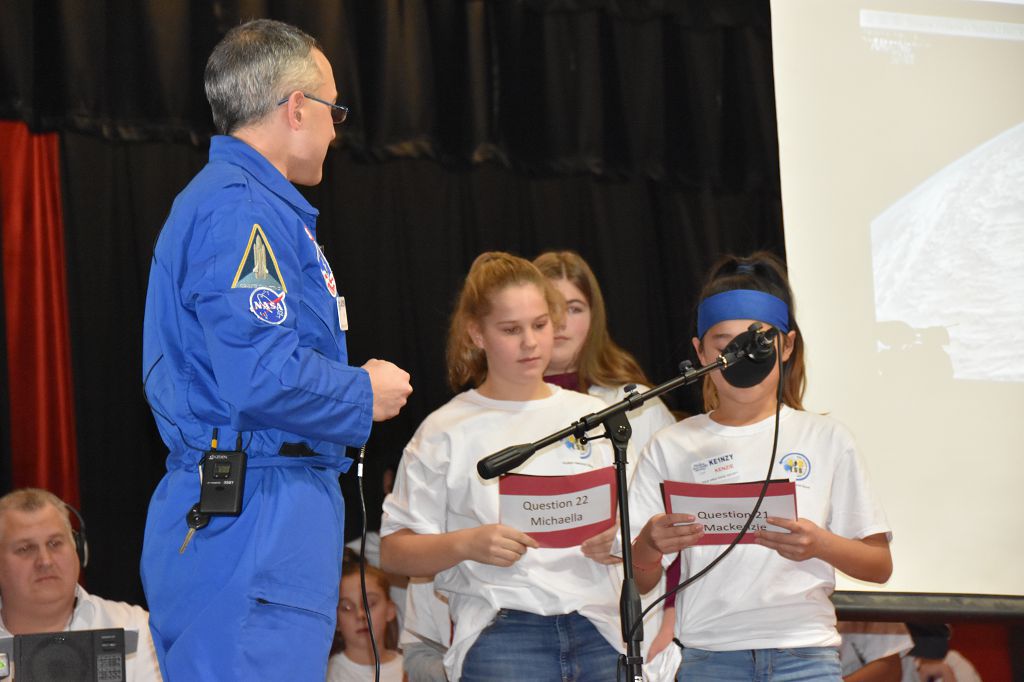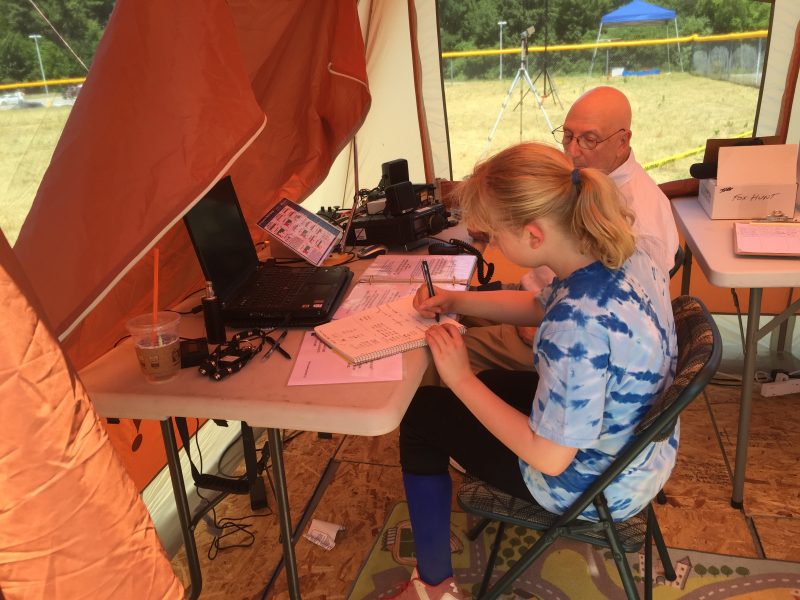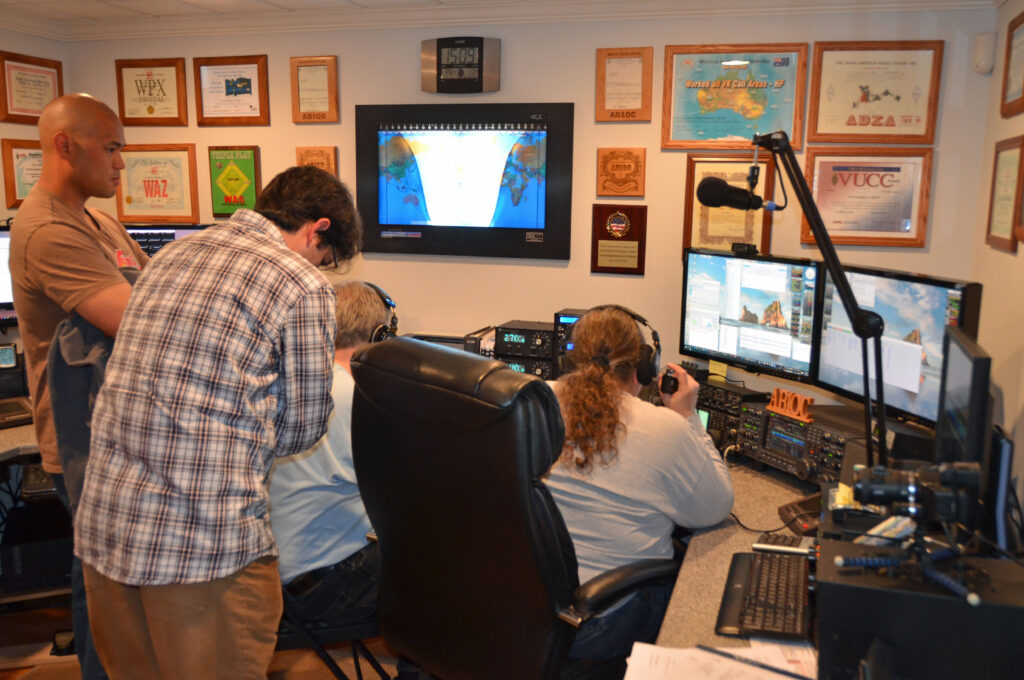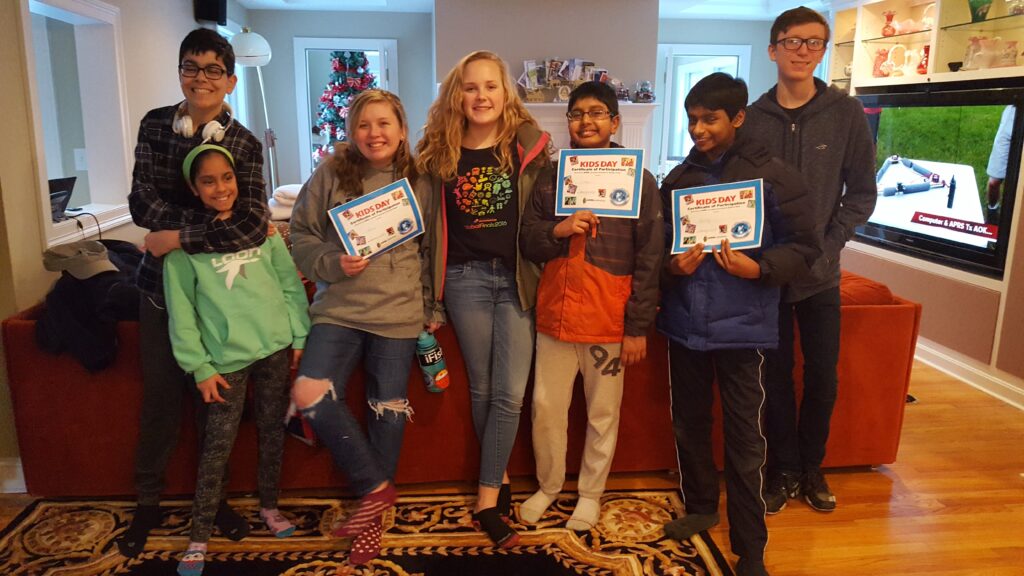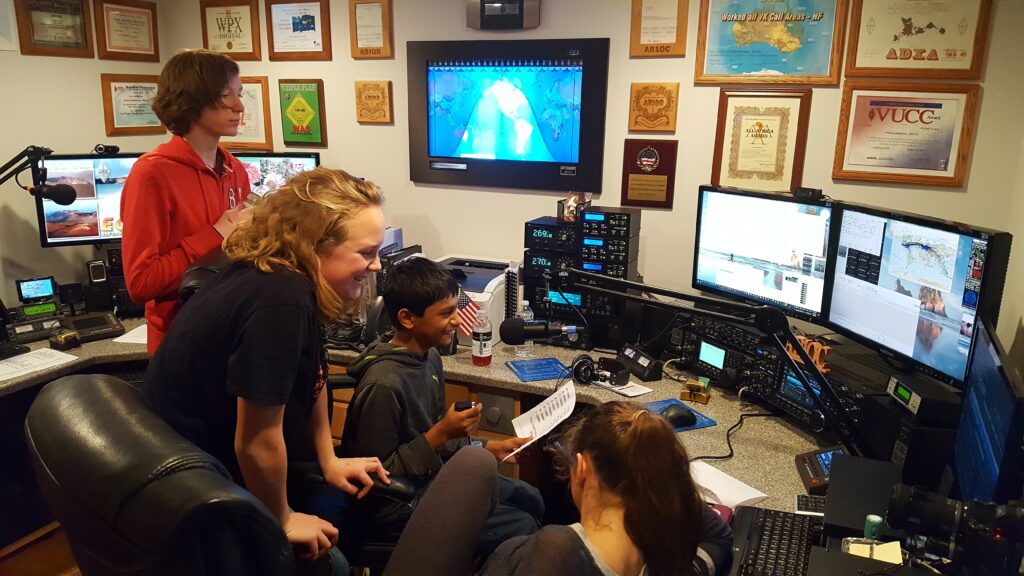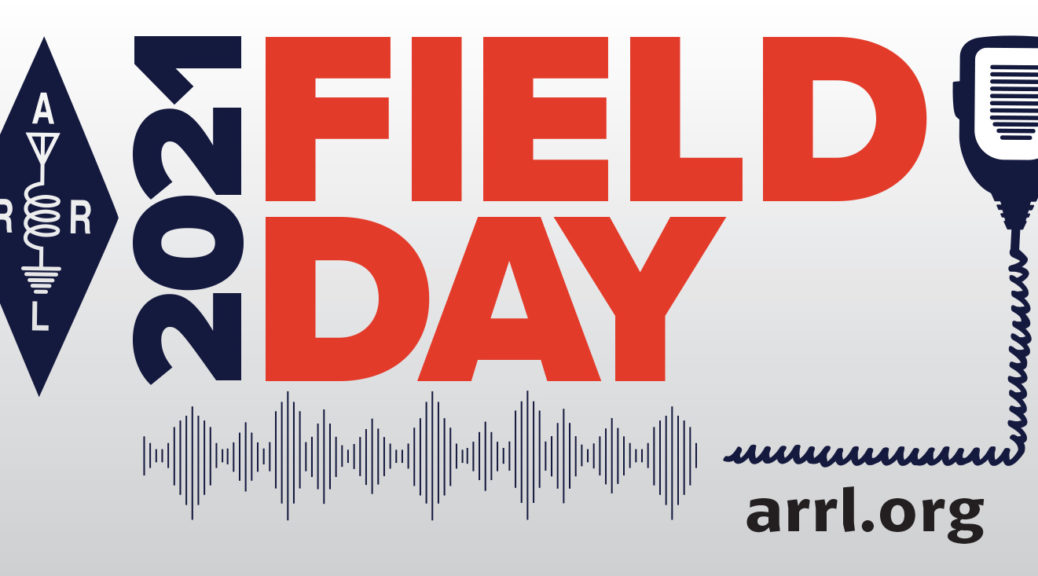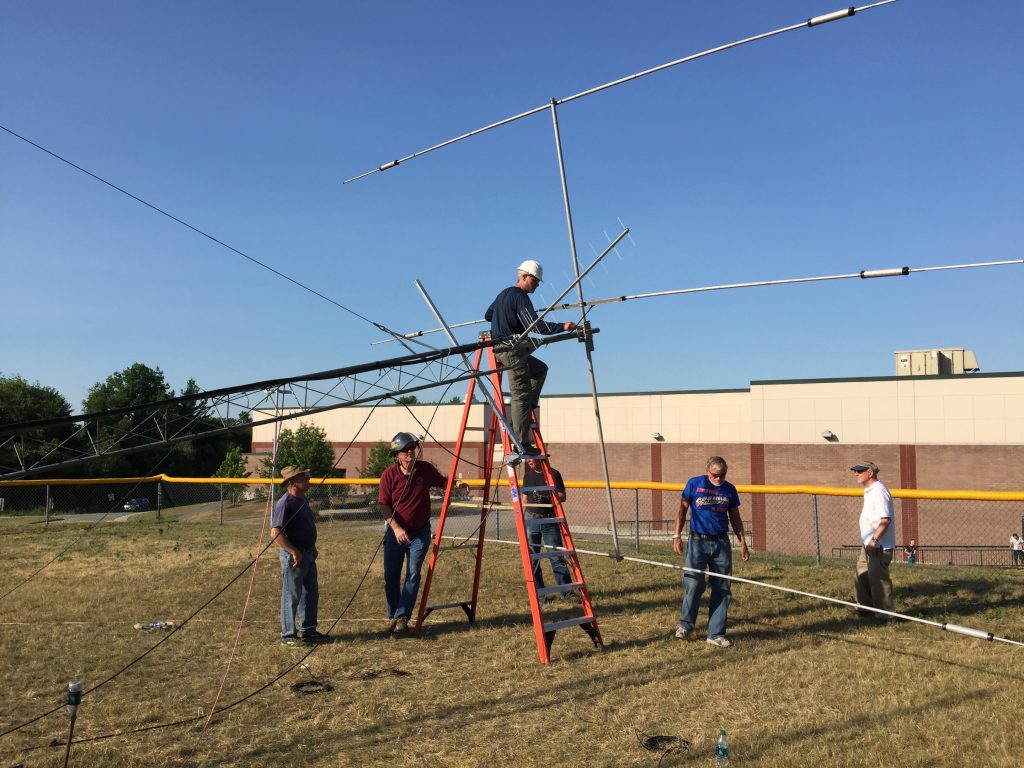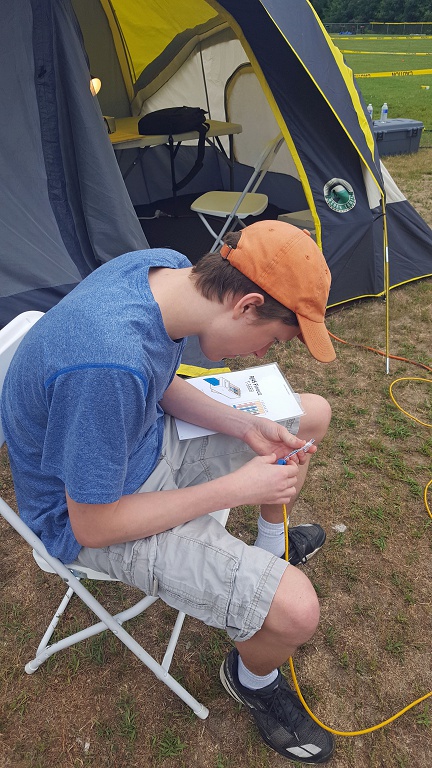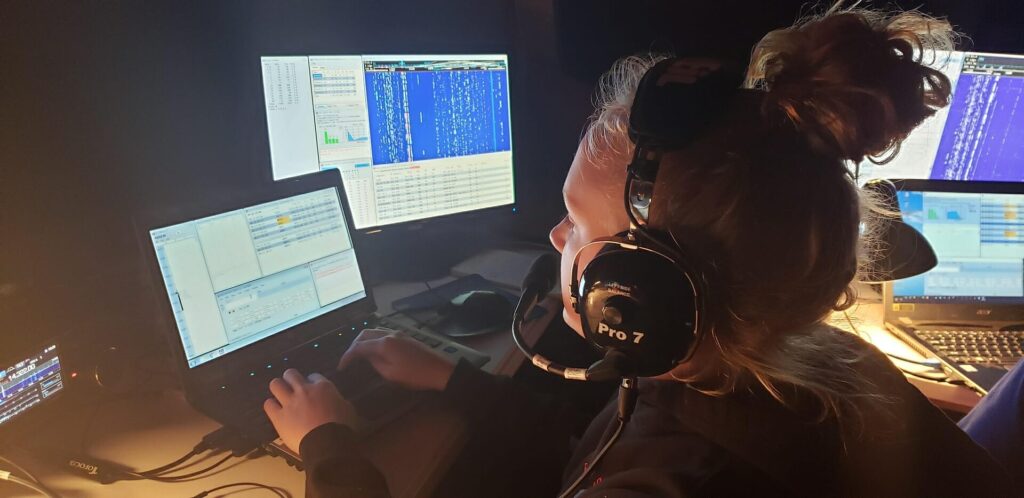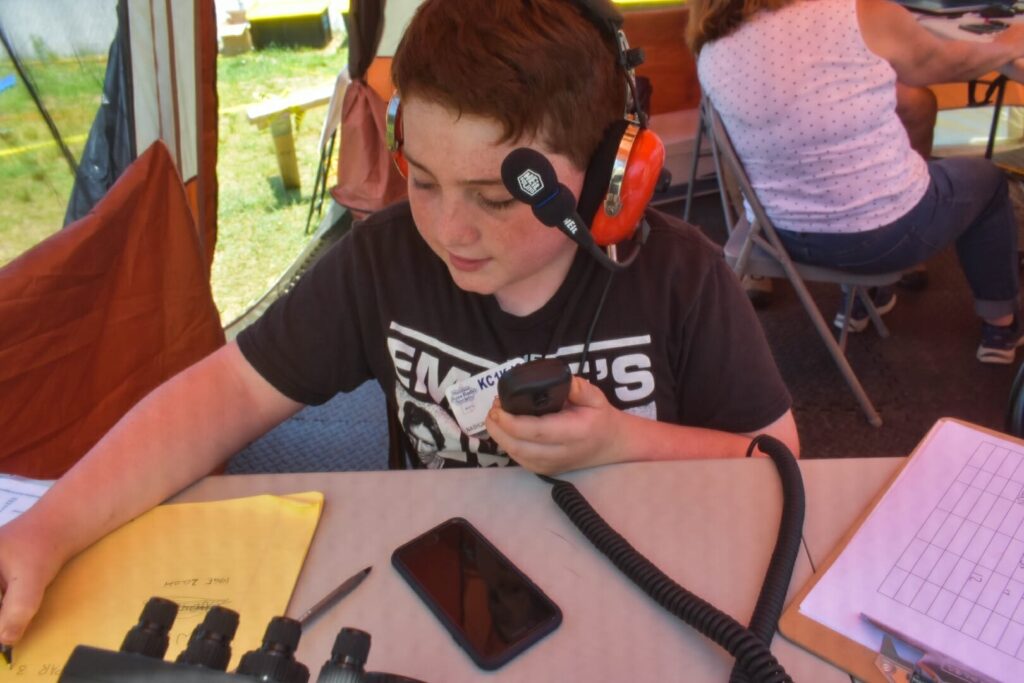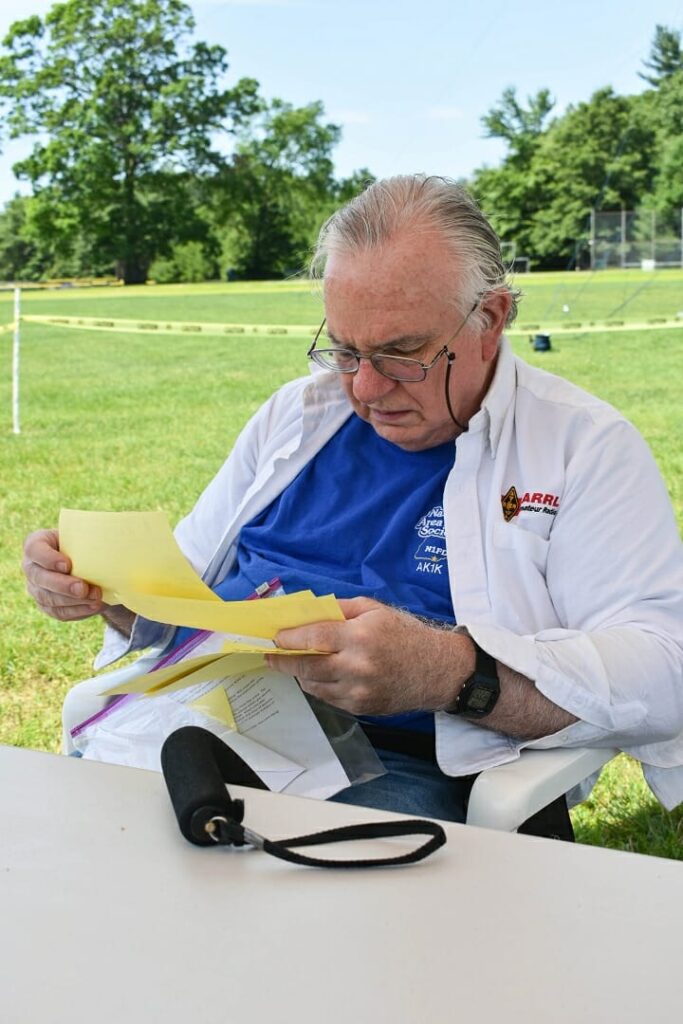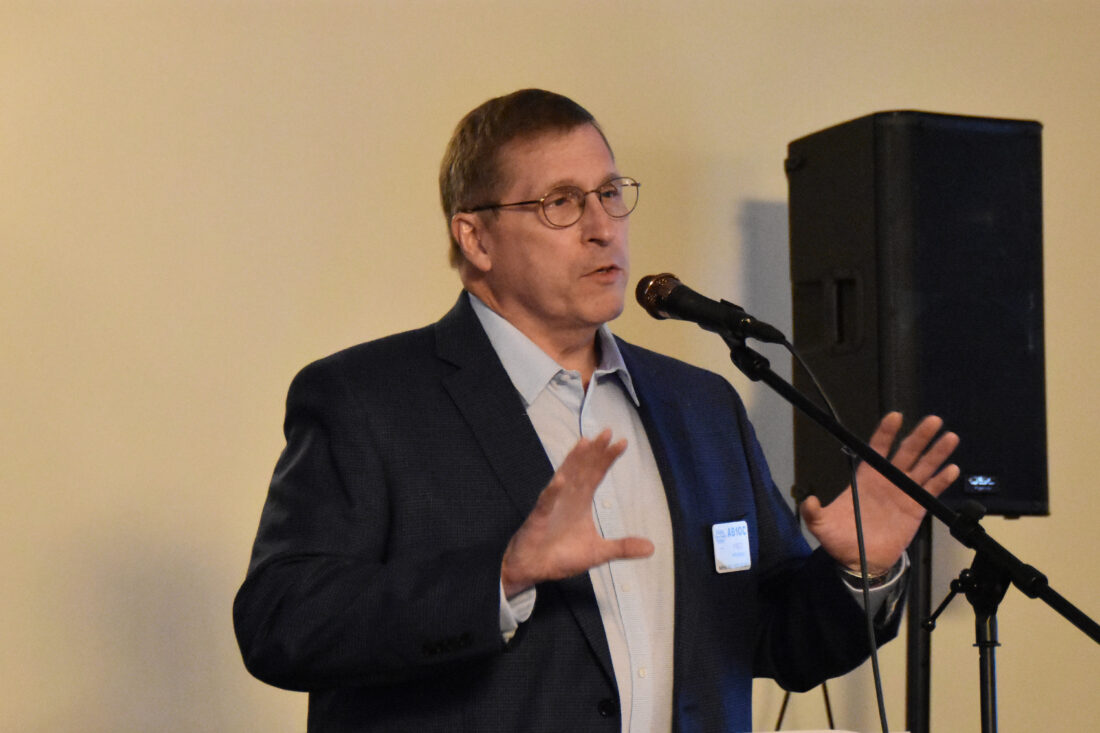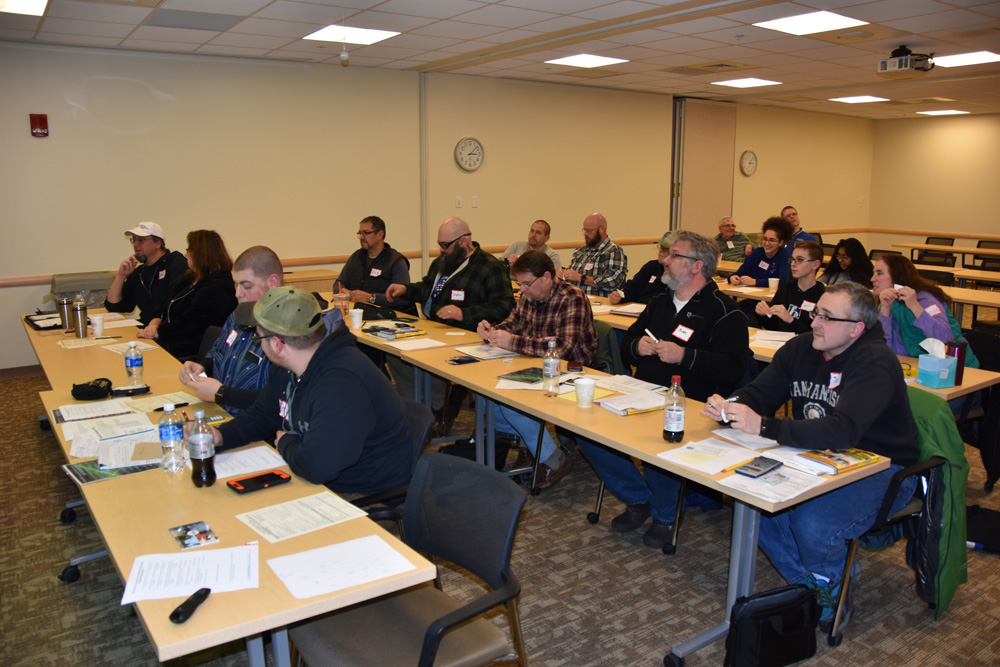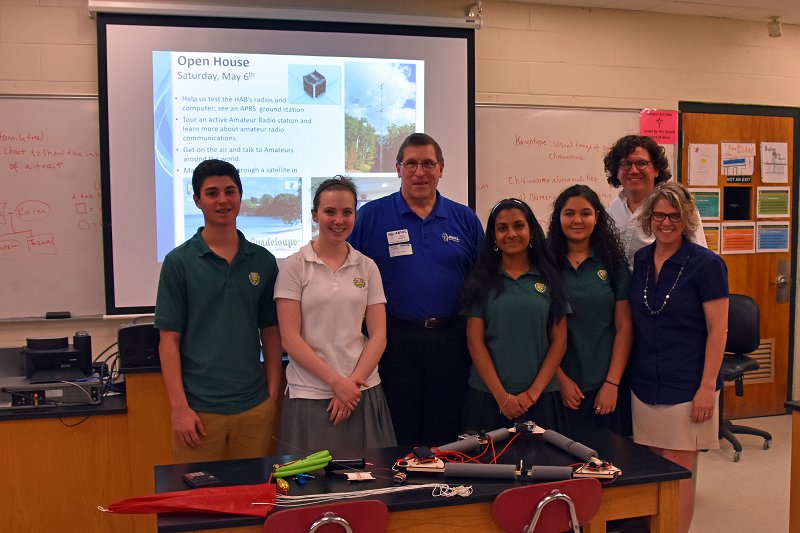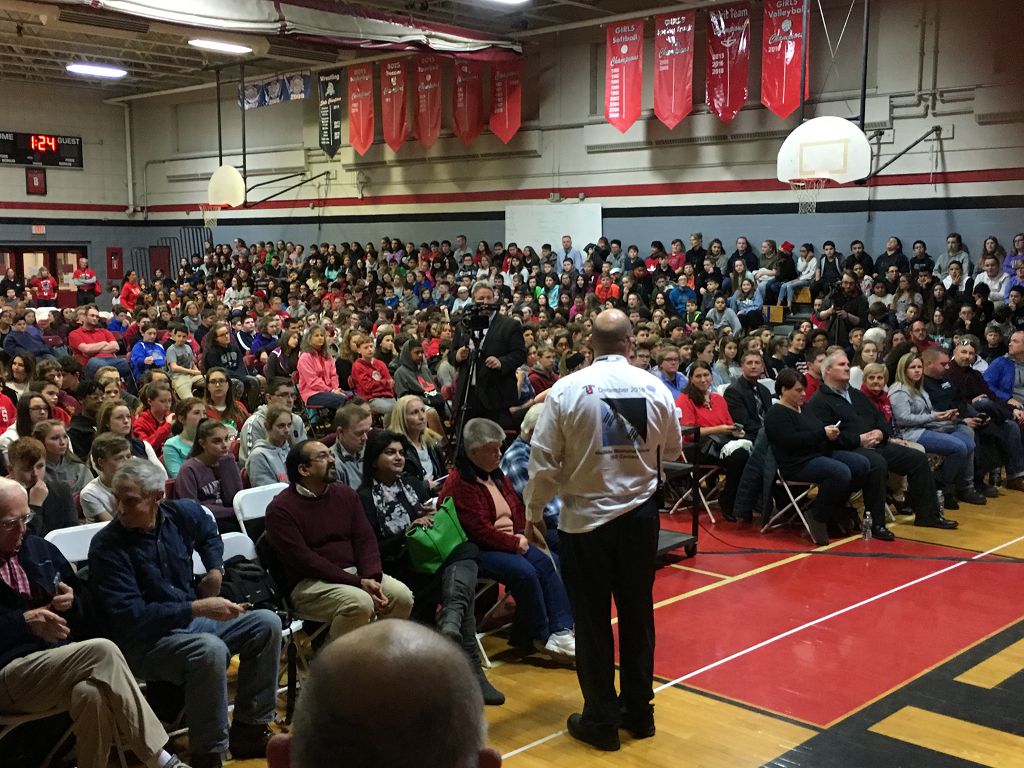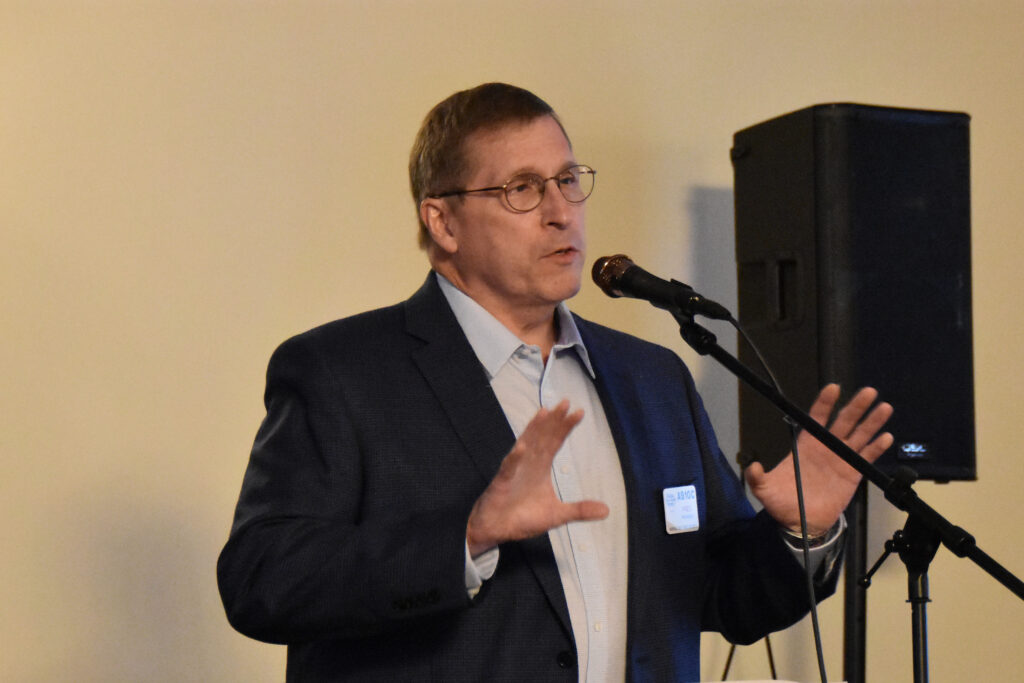
Every executive leadership role that I have held has come with an understanding that I would have 100 days to take actions that demonstrate my ability to do the job and my commitment to addressing important issues that ARRL members here in New England care about. I believe that anyone who is chosen to be your New England Director should be making this sort of commitment.
The following actions will be completed during the first 100 days after becoming your ARRL New England Director:
- I will complete a round of proactive ARRL Leadership and Board Outreach discussions – I will reach out to all ARRL Directors, all Vice Directors, the President, First and Second VPs, and our CEO to try to understand what they feel needs to be done to improve the Amateur Radio Service and the ARRL’s role in it. I will also attempt to find common ground and build consensus on concrete actions that we can take in support of ARRL member needs. I will partner with our Vice Director to complete these conversations.
- I will take concrete steps to improve Communications and Collaboration within the New England Division – I will schedule quarterly New England Cabinet meetings via Zoom. Invitees will include New England Section Managers and their field volunteer staff, Club Presidents, and Individual Hams in the division who are thought leaders. New England representatives on the Contest Advisory Committee and the DX Advisory Committee would be included as well.
- I will put a process in place to leverage the nediv.arrl.org website for regular postings and communications about ARRL activities and issues. We will augment this with a groups.io to seek input from New England Division Members. I will ask our Vice Director to monitor the input we are getting, summarize it, and ensure that it is proactively shared and acted upon as part of the New England Cabinet process.
- I will appoint an initial set of Assistant Directors (see below) and ask them to proactively post updates on the work they are doing to promote their focus areas across New England and highlight work being done by clubs and individuals who are contributing to successful programs in their focus areas. I will also ask the Section Managers to post regular updates on the work that they are doing within their sections.
- We will publish a quarterly summary of ARRL New England Division activities and disseminate this information to the ARRL Board and Leadership team.
- I will ask our Vice Director to lead the establishment of the 2-way communication processes described above and manage their execution. Together, our Vice Director and I will work to create a focus for Improved Communications among New England ARRL Stakeholders and ARRL Leadership.
- I will Appoint the following initial set of Assistant Directors – These people do not replace comparable functions within the ARRL Field Organization. Rather, they will be chartered to promote, support, and encourage the efforts of New England Section Managers, Club Leaders, and Individual Leaders in their focus areas. We will ask them to do this by creating an environment that proactively promotes and encourages the sharing of successful ideas and programs. Assistant Directors will also encourage their groups to collaborate to develop new programs and enhancements to existing programs to further improve their focus areas. These leaders will also play an important role by creating an environment to coordinate work efforts to solve problems and improve Amateur Radio participation in their areas across New England. The folks I will choose will include members of the ARRL Field Staff, Club Presidents, and individual Hams who have demonstrated a passionate interest in promoting and working to improve the Amateur Radio Service in the respective areas as well as a demonstrated commitment to working hard at listening to their stakeholders and acting on what they learn. I will engage in a regular process with our Assistant Directors to understand what they are hearing, what they are doing to promote progress and coordinate efforts to solve problems in their areas, and what they need me and the ARRL to do to help them.
- Assistant Director, Focus for Mentoring and Ham Development
- Assistant Director, Focus for Youth Outreach and STEM Learning through Amateur Radio
- Assistant Director, Focus for Promotion of Emergency Communications and Public Service Activities and Programs
- Assistant Director, Focus on Promoting Use of and Protecting our Spectrum
We will be creating additional Assistant Director roles to address issues as we go forward.
- I will continue to demonstrate our commitment to supporting Amateur Radio Clubs and Groups – I have been doing work to open channels of communication with clubs across the region. This will become a key continuing effort going forward. I am personally committing to attend club meetings and other Amateur Radio gatherings (target 6 or more per quarter) leading up to and continuing AFTER the election to continue to create a focus on the important role that clubs play in taking the Amateur Radio Service forward.
Fred Kemmerer, AB1OC
